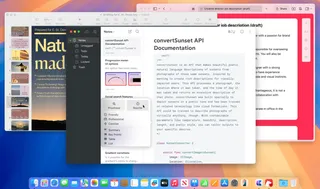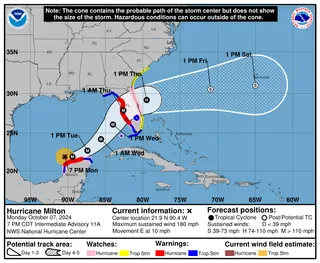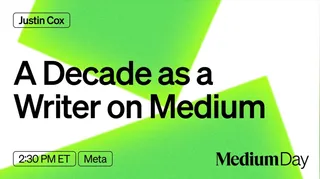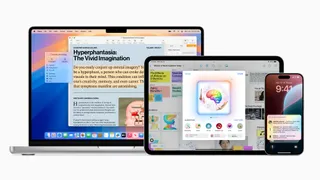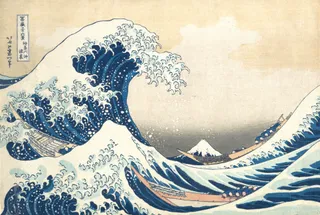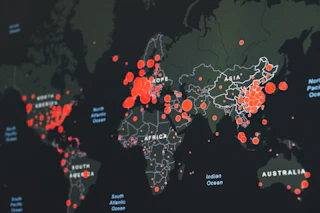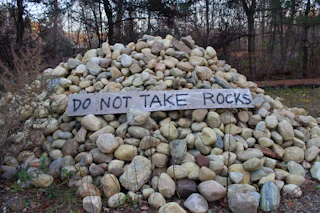Metrics Don’t Matter
Have we become so accustomed to seeing metrics everywhere that they no longer mean anything?

Last week, Zach Snyder gave an interview and revealed a bit about Netflix tracks views. Zach Snyder is beloved by internet fanboys for making movies that are basically video game cut scenes devoid of any real plot. Regardless, he's Netflix's latest darling because they gave him an insane amount of money to make a pretty unmemorable movie. Here's what he said:
“You think about Netflix, for instance, where you push a button,” Snyder said. “‘Rebel Moon,’ right? Say right now it’s almost at 90 million views, right? 80 or 90 million accounts turned it on, give or take. They assume two viewers per screening, right? That’s the kind of math. So you think if that movie was in the theater as a distribution model, that’s like 160,000,000 people supposedly watching based on that math. 160,000,000 people at $10 a ticket would be…what is that math? I don’t know. 160,000,000 times ten. That’s 1.6 billion. So more people probably saw ‘Rebel Moon’ than saw ‘Barbie’ in the theater, right?”
Let's ignore the ridiculous toxic masculinity insinuating Rebel Moon is comparable to Barbie. Let's also ignore the claim that Rebel Moon would have made $1.6 billion at the box office. Let's finally ignore the $10 movie ticket because it's no longer 1995. What Synder said is interesting: Netflix counts every view as two people.
Netflix, of course, isn't the only platform that uses fuzzy math to make its metrics more favorable.
Substack doesn't purge inactive email accounts, which is a very strange practice regarding email marketing. I experienced this when moving to Ghost and initially had about a 10% bounce rate, which magically never happened on Substack.
Ryan Broderick, author of Garbage Day, experienced the same when he recently moved to Beehiiv. Here's his take on the reason:
My biggest takeaway is that Substack is a social network. Full stop. Many of its community features are really nice! Especially when you’re just starting out. But those community features paper over the fact that the growth you experience on Substack does not really mean much. It’s not you or your publication that is building an audience on Substack, you’re just maintaining Substack’s. Much like in the 2010s, when publishers raced to build Facebook pages with “millions” of “followers,” only to turn around and realize those people weren’t “readers” or an “audience,” but just numbers on a chart, so too are Substack signups plentiful, but ultimately not worth much. And I learned this first hand last month.
Substack sells people on growth. "Use our tools," they promise, "and your audience will grow!" Don't get me wrong, there is a network effect on Substack that can result in growth. However, it's overinflated, and, as Ryan explains later on in his piece, it doesn't translate to paying subscribers.
Last week, I shared about my last decade on Medium. It's a story I'm pretty proud of and one that captured a lot of attention. Frankly, I'm floored that so many of you reached out to tell me you received some of those early Writing Cooperative payments! So many people responded via email that I still haven't had a chance to respond to all of them. (Sorry!)
On Medium, the story currently has 1.3k claps and 29 comments. But when I look at the metrics behind the scenes, it tells a different story. A week after publishing, Medium says the story captured 134 views with 73 reads. Um...
I mean, it is possible that 40% of everyone who read the story responded. And don't get me wrong, I'm not saying this to raise any kind of conspiracy theory about metrics related to the Partner Program. I only bring it up to help prove my point: metrics don't mater.
Frankly, I'm not sure that the view counts and the likes and the claps and every other metric that have been shoved down our throats in the social age ever mattered. We're given all this data to make us think they're important. When the number goes up, like in Substack's case, we feel good and want to do more of that thing.
But what's the point in caring about metrics if they're easily gamed or don't actually mean anything? A Netflix view is supposedly two people. Meta only takes someone watching a video for 3 seconds to count that view. TikTok? As soon as it shows up on your feed. Given all of this, something with millions of views doesn't actually mean what it sounds like.
None of these metrics matter. We can't control our metrics without a Mr. Beast-like platform budget. It's impossible. What does matter is the connections we form with each other over the things we create.
The 29 comments on my writing last week mean way more than the supposed 73 reads. The flood of emails that I still need to get to tells me everything I need to know about my writing. This form of intangible metric is more meaningful to me and tells a far more complete story. It's data that can't be quantified but can be measured. I'll take that data any day!
A New Term For AI-Sludge
It's oak pollen season here in Orlando. For about two weeks, the trees will rain down brown clumps of pollen, creating a disgusting blanket. It's like snow but makes your eyes itch and your throat scratch. When I tell you that I can't tell where my driveway ends and the front lawn begins because it's all just one gross 70s-era shag carpet, I'm not kidding.
Anyway, last Friday after work, I brought out the blower to try and coral the mess, at least unearthing the sidewalk and driveway. It was an ultimately futile effort since literally overnight, everything was replaced. But it did prove to be an inspiration!
AI-generated nonsense is everywhere. The stuff makes us all feel bad, but we can't seem to avoid it. Plus, wherever it appears, AI-generated content seems impossible to get rid of. In other words, AI-generated content is pollen.
Medium Pub Crawl Invitation
The Medium Pub Crawl is March 19. What is that? Well, Medium has a blog post for you. Basically, it's a networking event to connect with publications!
Want to say hello? I'll be part of the Speed Networking Event from 7-8 p.m. EST and hang around the Writing Cooperative virtual booth afterward. Come say hello or ask questions about writing for the publication.
Register on Zoom, and maybe I'll see you next week!










































